Bienvenue sur le site de la conchyliculture
Accueil Europe
Europe
About the French National Committee of Shellfish farming
Shellfish farming is the cultivation and harvest of various species of aquatic invertebrates, mainly molluscs such as oysters, mussels, clams and cockles.
The French shellfish farming sector is the largest in Europe, with an annual production value of around 660 million euros. The sector employs up to 15,000 people and supports over 2,200 companies. France is the leading oyster producer, exporter and consumer country and second largest mussel producer in Europe. Clams and cockles are cultivated in France. The European shellfish production is overall estimated to a 584,000 tonnes production and a total value of 1.17 billion euros (in 2020).
The National Committee of Shellfish farming (Comité national de la conchyliculture – CNC) was officially created in November 1947. With its headquarters in Paris and 7 regional sections along the French coasts, it represents and advocates for the interests of all shellfish breeders, processors, and distributors.As the official interlocutor of French authorities in matters related to shellfish farming, the CNC plays a crucial role in shaping national policies and regulations impacting the sector.
The French shellfish farming sector is the largest in Europe, with an annual production value of around 660 million euros. The sector employs up to 15,000 people and supports over 2,200 companies. France is the leading oyster producer, exporter and consumer country and second largest mussel producer in Europe. Clams and cockles are cultivated in France. The European shellfish production is overall estimated to a 584,000 tonnes production and a total value of 1.17 billion euros (in 2020).
The National Committee of Shellfish farming (Comité national de la conchyliculture – CNC) was officially created in November 1947. With its headquarters in Paris and 7 regional sections along the French coasts, it represents and advocates for the interests of all shellfish breeders, processors, and distributors.As the official interlocutor of French authorities in matters related to shellfish farming, the CNC plays a crucial role in shaping national policies and regulations impacting the sector.

The sector’s voice in Europe
Shellfish farming is highly impacted by European decisions regarding aquaculture, food, animal health and marketing norms as well as by the environmental legislation. On the other hand, shellfish farming offers many solutions to help tackle challenges identified as part of the European Green Deal.
Here are the main issues of importance for the sector:
Water quality :
Shellfish farming is highly dependent on the quality of coastal waters. The CNC is therefore engaged in preventing water pollution and promoting a better implementation of the EU’s water and environmental legislation.
Maritime spatial planning and synergies across sectors :
The shellfish farming sector requires more dedicated space on coastal areas to grow and further contribute to greener food production. The CNC argues for more synergies between various uses of the maritime space, including with offshore energy production and algaculture.
Sustainable food systems :
Shellfish farming entirely happens in the natural environment without any feed or medication inputs. Shellfish feed of phytoplankton, absorbing nitrogen, phosphorous and CO2 present in their environment. While offering many ecosystemic services, shellfish represent a source of healthy proteins. It is only logical that the CNC wants to contribute to the EU’s transition to more sustainable food systems.
The CNC is therefore involved in shaping EU policies :
- As an active member of the Aquaculture Advisory Council (AAC). The CNC contributes to advising the European Commission and EU Member States on any matter affecting aquaculture and shellfish farming. The AAC includes a Shellfish Working Group (WG 2) which is chaired by a CNC representative.
- As a founding member of the Association of European Molluscs’ Producers which gathers national and regional producers’ associations from France, Spain, Italy, the Netherlands, Ireland and the UK.
- Thanks to its direct representation office in Brussels.
The CNC registered on the EU Transparency register: 927325533716-39
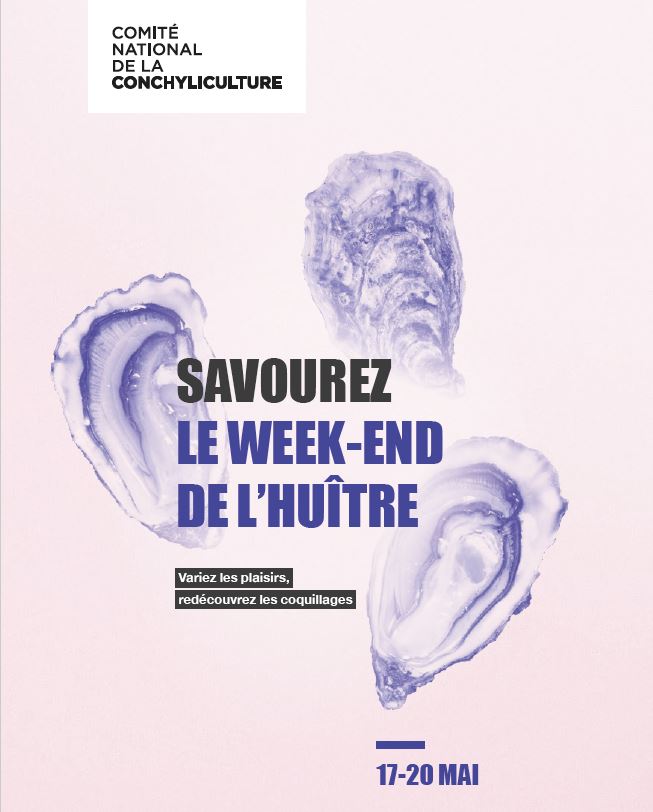
Du 17 au 20 mai, le CNC a co-construit avec les CRC une action de communication “Week-end de l’huître” pour
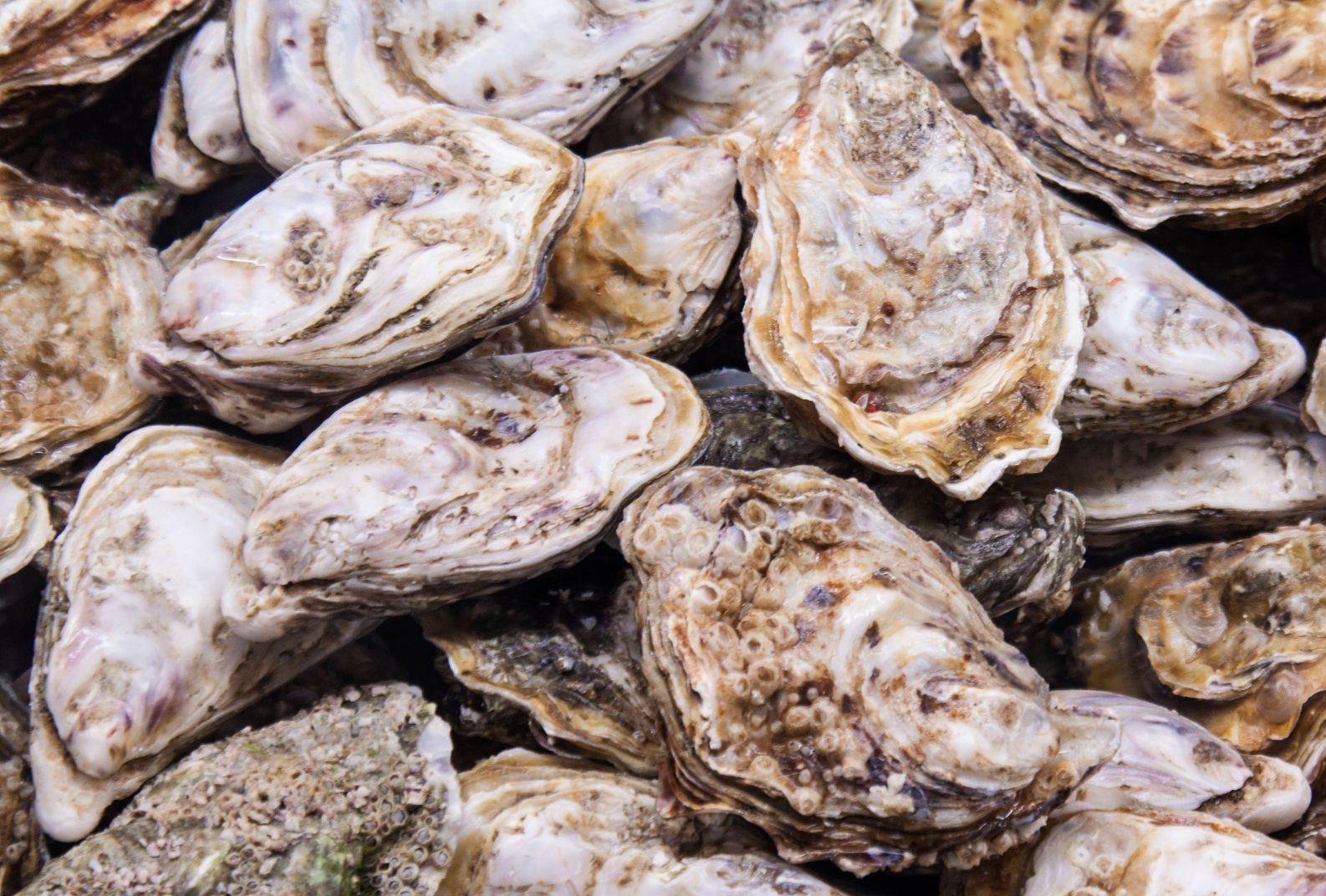
Les ostréiculteurs de Marennes-Oléron cessent la vente estivale des huîtres affinées dans les claires entre le 1er juin et le
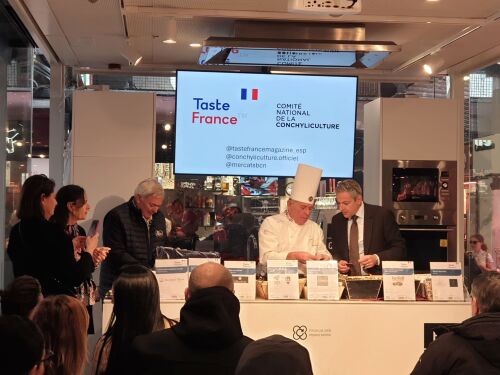
En marge du Salon Expo Global 2024 de Barcelone, et dans le cadre d’une action de promotion des huîtres françaises
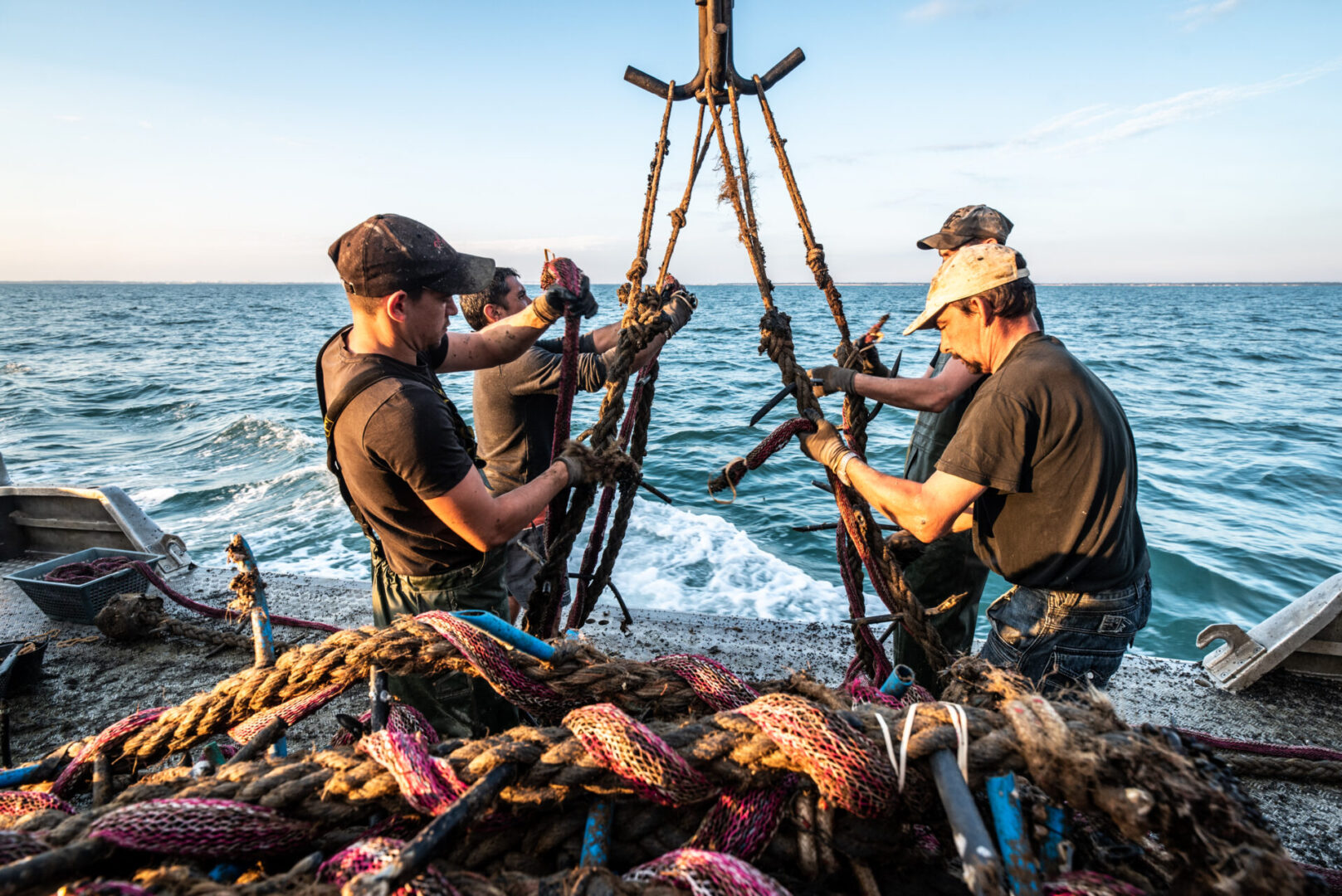
En 2024, le ministère du travail, de la santé et des solidarités a décidé d’organiser une campagne sur la prévention
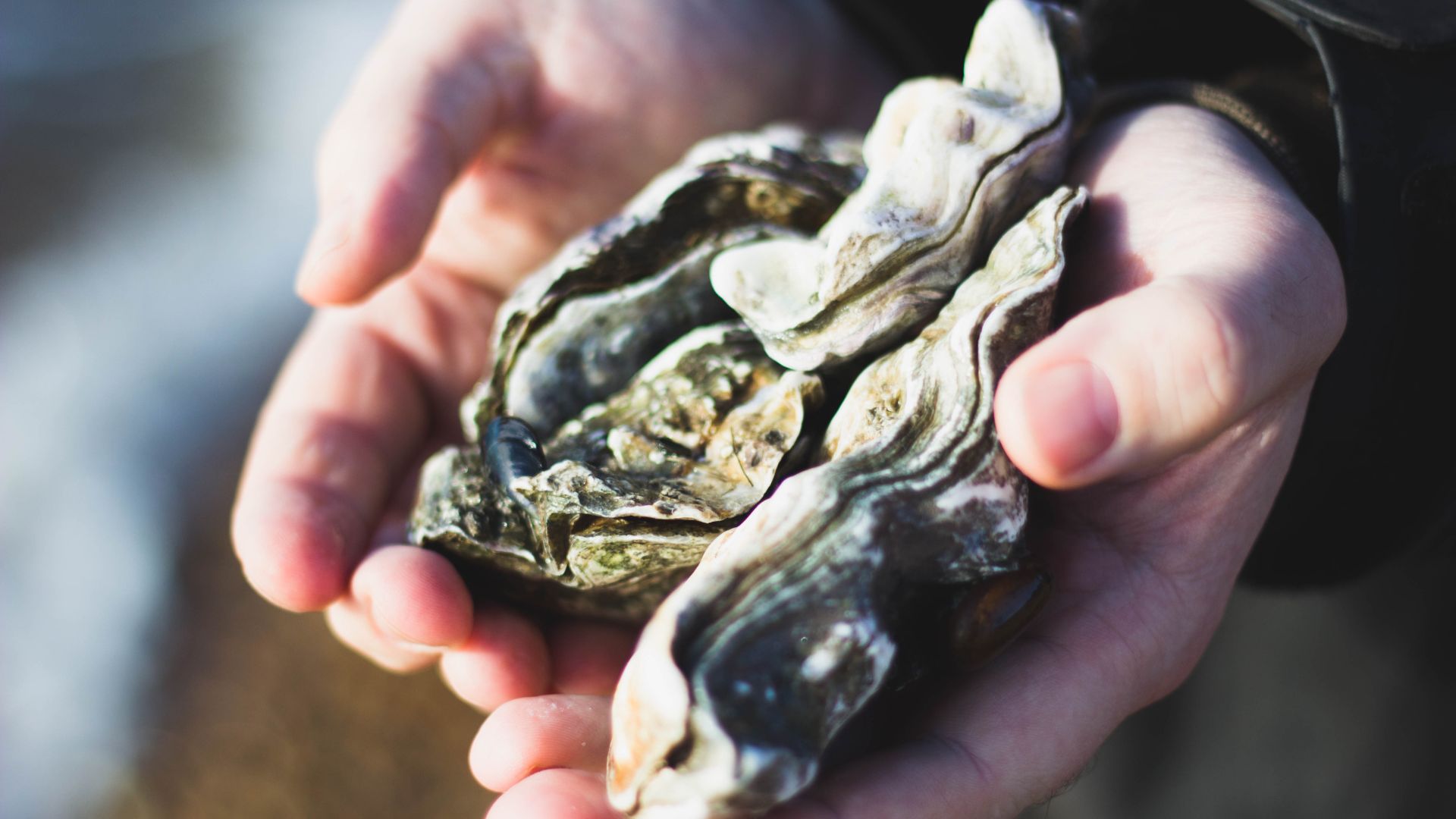
Dès les premiers signes de mortalités anormales ou de maladie sur les coquillages, il est important de déclarer aussitôt que
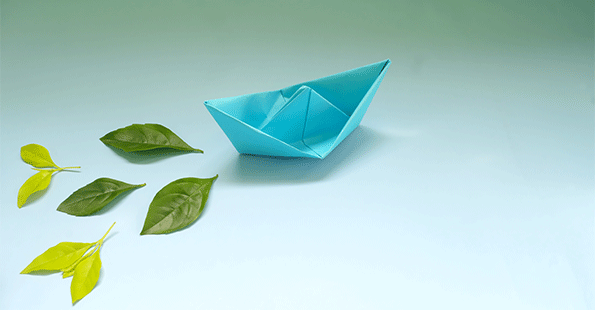
Le dispositif de Responsabilité élargie du producteur (REP) a pour objectif d’agir sur l’ensemble du cycle de vie des produits
Espace presses
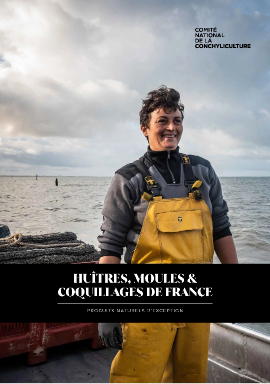
Brochure
Télécharger le pdf
Podcasts
Inscription
Newsletter
Pour ne rien manquer de l’actualité conchylicole, inscrivez-vous à notre newsletter mensuelle !